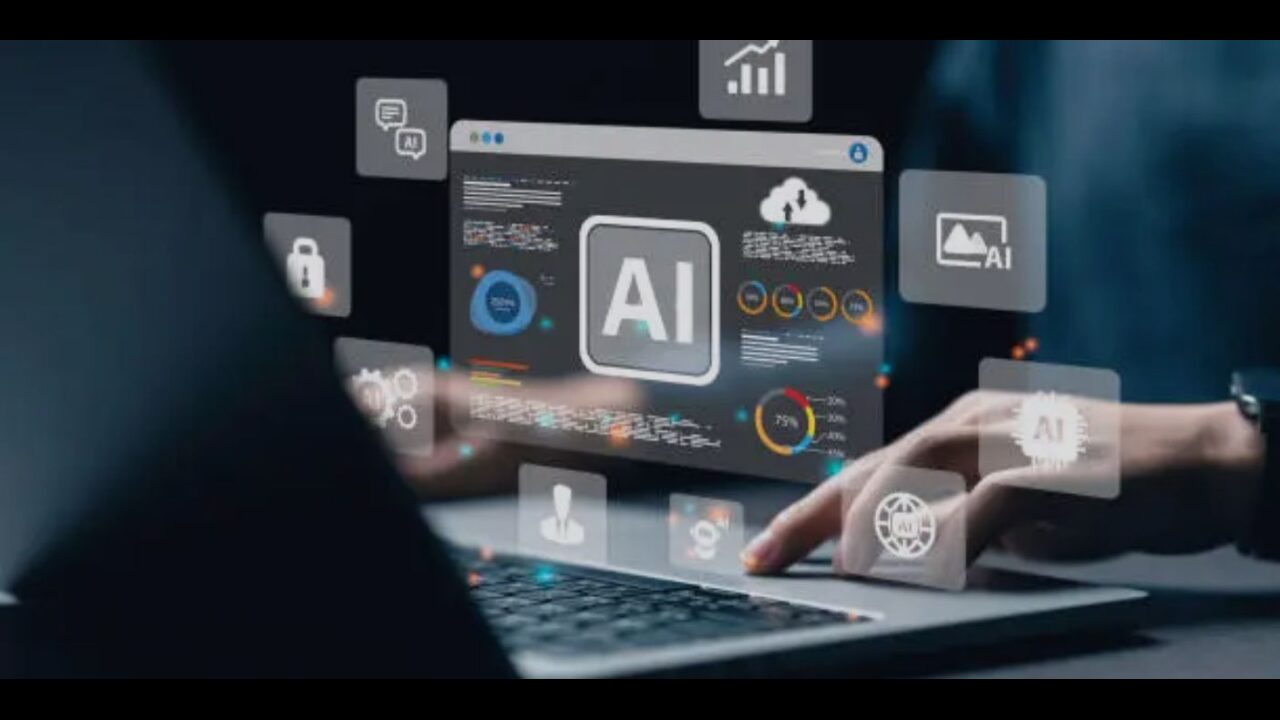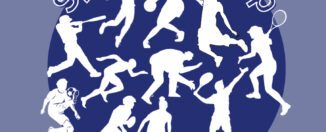Artificial Intelligence has potential for students, teachers
Photo credit: Pixabay
Lauren Dawson
Sower Staff
With the power to write essays, solve complex equations and create presentations in seconds, artificial intelligence recently has become a hot topic in the world of education.
Many educators worry about how to assess their students, since it seems like they’ve been handed a tool that enables them to cheat. Many students are hesitant about AI as well, uncertain whether they should avoid or explore the new technology that has come into their paths.
Although the widespread access to AI is fairly new, this fear about how tech will impact academic achievement is a tale as old as time.
Whether it’s AI, an iPad, a Smartboard or even an overhead projector, bringing new tech into the classroom has always brought opposition, for good or for ill. Although the AI interface itself is fairly recent, AI is just another tech tool being introduced to the classroom, the latest in a long history of tools that were similarly introduced.
AI, like all the others, is at heart a tool. Whether or not you think that it should be used in the classroom, you must admit that like all tools, it is inherently neutral, not good or bad. After all, AI operates in a similar way to a search engine. If you were to google “ancient Egyptian culture,” you would find a list of related sites, look through those sites and piece together information until you found some sort of central narrative.
AI works in much the same way. When you ask it, “What was ancient Egyptian culture like?” it will provide a similar narrative — the average of the sites on the internet. Your process and the AI processes are not that different; the main difference is who is doing the processing. AI is a tool, simply a different way of accomplishing the goals we were already accomplishing ourselves.
All tools are neutral, but in the classroom, AI can certainly have either a positive or negative effect. This is determined by how the tool gets used. In the words of historian and teacher Christian Lange, “Technology is a useful servant but a dangerous master.”
Can AI be used to cheat? Yes, certainly. But it can also be used to quickly gather information, provide writing feedback, be a sounding board for ideas or examine the differences between AI thinking and human thinking, allowing students to ponder what it really means to be human.
As a teacher, it’s important to know what you are assessing and shape your AI policies accordingly. If the goal of an assignment is to help students analyze and process information from multiple sources, then do not allow them to use AI, an information processor. If the goal is to help students improve their public speaking abilities by giving a Powerpoint presentation, though, what’s the harm in letting them use AI to make their slides a little prettier?
In short, AI should not be used to alter the skill or quality that you are measuring – that would be cheating – but why not let it alter the things you aren’t measuring?
This principle applies to students as well. Like all technology use, AI comes with an implied “honor system” set of rules. It can definitely be used to cheat – you could ask it to write a whole paper on Egyptian culture – but if you use AI in that way, it will be the master, not the servant, and you won’t actually learn anything, think for yourself or enhance your writing and researching abilities.
If you do use AI as a servant, though, and are sure not to use it in any way that masks your real learning, it can be an incredibly helpful and time-saving tool.
A teacher should measure what they came to measure, and a student should learn what they came to learn.
In the end, the world isn’t a perfect place. No classroom will be filled with completely honest and genuinely motivated students, and no one will approach AI without their existing biases, meaning the AI debate will continue with its multitude of voices on either side.
But AI has gained a strong foothold in the classroom, and I challenge both teachers and students to shift their focus. Rather than arguing about how the world (or the classroom) should or shouldn’t be, focus instead on what you’ll do with it.













